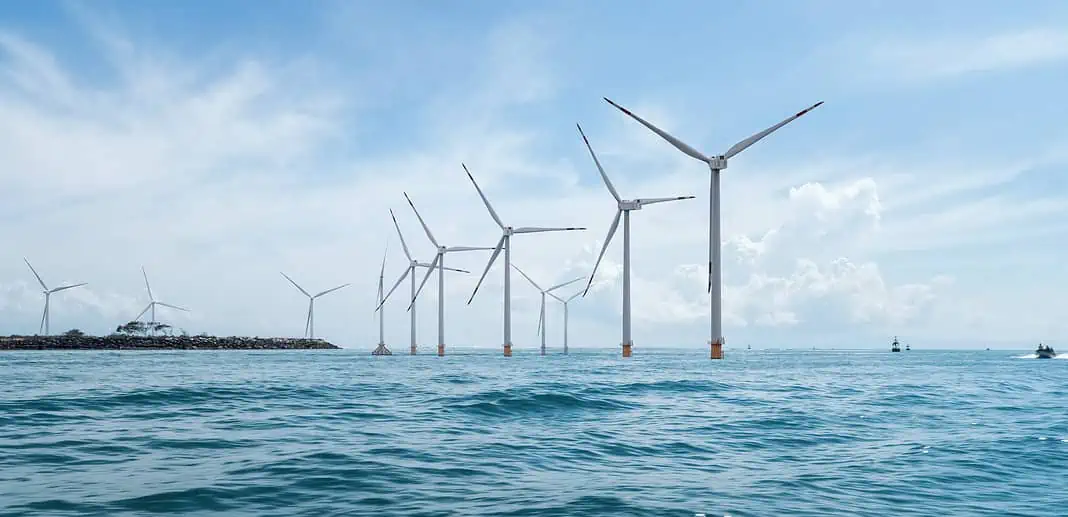Researchers from Herriot Watt University have launched a new study into the effects of offshore wind farms on marine life and ecosystems.
The four-year study is funded by the UK Research and Innovation (UKRI). It will examine the effects of these farms, which are becoming more prevalent around our coastlines, on the marine food chain.
The new research will utilize cutting-edge technology and techniques, including satellite remote sensing, autonomous underwater vehicles and digital aerial surveys.
The project is led by Heriot-Watt’s Global Research Institute for Earth and Marine Sciences Professor Stephen Votier, an expert in Seabird Ecology at the Lyell Centre, who stated:
“Floating offshore wind farms have the potential to accelerate global net zero targets however less is known about the ecological consequences, from ocean physics to biodiversity. By focusing our team’s expertise on ocean fronts, which play a vital role in driving marine productivity and climate cycling, the FRONTLINE project will improve understanding of how physical structures could affect plankton and forage fish dynamics, with knock-on effects on marine predators and commercial fisheries.”

